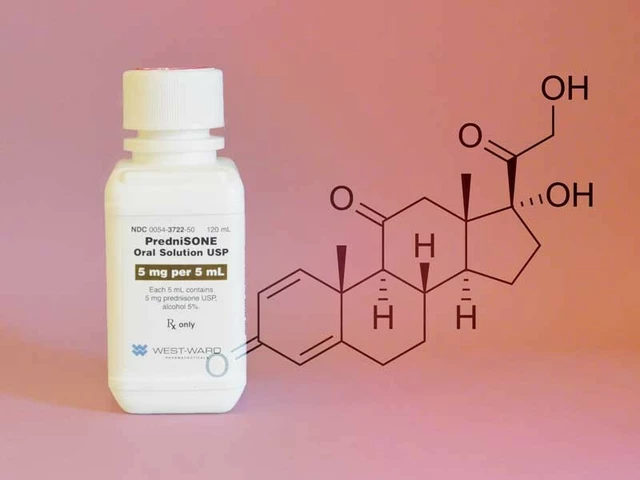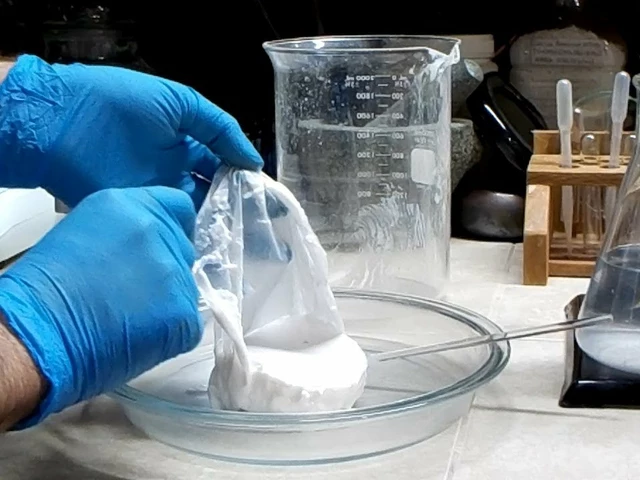Nutritional deficiencies: how to spot them and what to do
Feeling tired, foggy, or achy? Small nutrient gaps can cause that. You don’t need fancy tests to notice a problem—simple signs like low energy, brittle nails, muscle cramps, or frequent colds can mean you’re low on something important. This page helps you recognize common shortfalls, get checked, and pick practical food and supplement fixes.
Common deficiencies and clear signs
Iron — Look for fatigue, pale skin, shortness of breath, or heavy periods. Eat red meat, beans, lentils, and spinach. Pair plant sources with vitamin C (orange juice) to help absorption. If you’re a menstruating woman, vegan, or have gut issues, ask your doctor about an iron test (ferritin and hemoglobin).
Vitamin B12 — Confusion, numbness/tingling in hands or feet, and low energy are red flags. B12 is mostly in animal foods: meat, fish, eggs, dairy. Older adults and people on metformin or acid-reducing meds often need testing and sometimes regular B12 shots or supplements.
Vitamin D — Low mood, bone pain, or frequent infections can point to low vitamin D. Sun exposure helps, but many people need a supplement, especially in winter or if they spend little time outdoors. A simple 25(OH)D blood test shows your level.
Magnesium — Muscle cramps, restless sleep, and headaches can come from low magnesium. Eat nuts, seeds, whole grains, and leafy greens. Supplements help, but magnesium can interact with some meds—check with your clinician.
Omega-3s — Brain fog, dry skin, and joint stiffness may signal low omega-3s. Fatty fish or a good omega-3 supplement like fish oil or Calanus oil (read our Calanus Oil article) can help. If you’re on blood thinners, talk to your doctor first.
How to check and how to fix it
Start with a blood test. Primary care providers can run basic panels: CBC, ferritin, vitamin D, B12, and sometimes magnesium or thyroid. Don’t self-prescribe high-dose supplements without a test—too much of some nutrients causes harm.
Food-first approach: aim for a varied plate—lean protein, colorful veggies, whole grains, nuts, seeds, and some oily fish weekly. Supplements are useful when diet falls short or tests show a deficit.
Practical tips: keep a short symptom log (sleep, mood, energy, cramps) to show your clinician. Mention any meds you take—many drugs change nutrient absorption. If you want quick reads on supplements and how they work, check our pieces on Calcium D-Glucarate, Glucosamine Sulfate, and Calanus Oil for plain-language info and safe-use tips.
When to see a doctor now: severe fatigue, new numbness, unexplained weight change, or symptoms that affect daily life. Mild complaints are fine to start with a primary care visit and a few basic blood tests. Fixing a deficiency often means simple changes—better food choices or a short course of supplements—and you’ll usually notice benefits within weeks.
Want specific guidance for your situation? Use the contact page to ask a question or bring your test results to your clinician. Small changes add up fast—start with one meal swap this week and see how you feel.
Anemia and Exercise Performance: The Impact of Nutritional Deficiencies on Physical Fitness
As a fitness enthusiast, I recently delved into the topic of anemia and its impact on exercise performance. It turns out that nutritional deficiencies, particularly iron deficiency, can greatly affect our physical fitness levels. Anemia, a condition characterized by a lack of healthy red blood cells, can lead to fatigue, weakness, and decreased stamina. This makes it difficult for us to achieve our fitness goals and enjoy our workouts. It's crucial for us to maintain a balanced diet rich in essential nutrients to keep anemia at bay and ensure optimal exercise performance.
About
Health and Wellness
Latest Posts


Prednisolone vs. Prednisone: What's the Difference?
By Marcel Kornblum Jun 12, 2023

Aluminium Hydroxide in Food: Is it Safe?
By Marcel Kornblum Jun 18, 2023

How to Buy Cheap Generic Metformin Online - A Safe, Fast Guide
By Marcel Kornblum Sep 24, 2025

